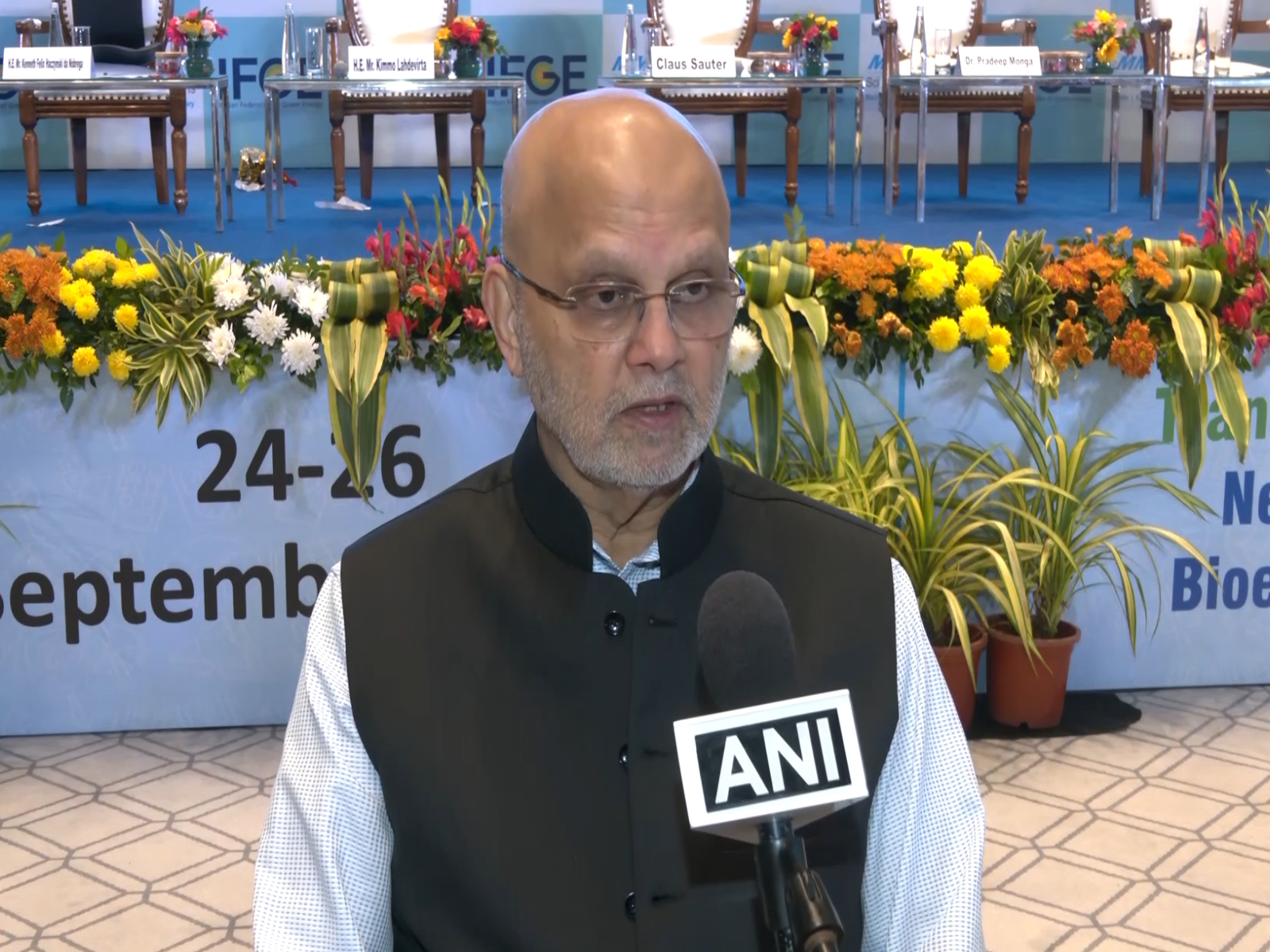India Embraces Flex Engines: A Green Revolution in Automotive Energy
India is rapidly adopting flex engines, blending ethanol, petrol, and electricity, driven by government biofuel initiatives. Key industry leaders and automakers are advancing sustainable energy goals, with significant progress in ethanol blending and biofuel plant development, aiming to reduce oil imports and enhance energy security.

- Country:
- India
India's movement towards sustainable energy is gaining momentum as flex engines find their footing in the country's automotive sector. At the forefront of this transformation is the push for ethanol blending and biofuel utilization, as highlighted by Pramod Chaudhari, President of the Indian Federation of Green Energy.
Chaudhari cited Toyota's introduction of flex engines as a significant milestone, emphasizing their capability to efficiently run on blends of alcohol, ethanol, and petrol, alongside their compatibility with electricity. This hybrid technology adjusts engine parameters for optimal performance, supporting renewable energy sources and reducing greenhouse gas emissions.
Speaking at the 2nd International Conference and Exhibition on Bioenergy and Technologies in New Delhi, Chaudhari elaborated on the advancements in India's ethanol blending program. The country has achieved a 20% ethanol blend milestone, known as E20, and anticipates further increases. Major automakers, including Tata, Mahindra, Suzuki, and Hyundai, are investing in flex-fuel technology, reflecting a significant shift towards energy independence and reduced reliance on imported oil.
(With inputs from agencies.)
ALSO READ
Orsted's Wind Project Victory: Temporary Relief Amid Trump's Renewable Energy Clashes
RMC Switchgears Embarks on Ambitious Renewable Energy Expansion Amid Key Milestones
Maldives Eyes India for Renewable Energy Future
Powering Rajasthan: Renewable Energy Push Ahead of Rabi Season
SA Turns Waste and Renewable Energy Reforms into Circular Economy Growth










